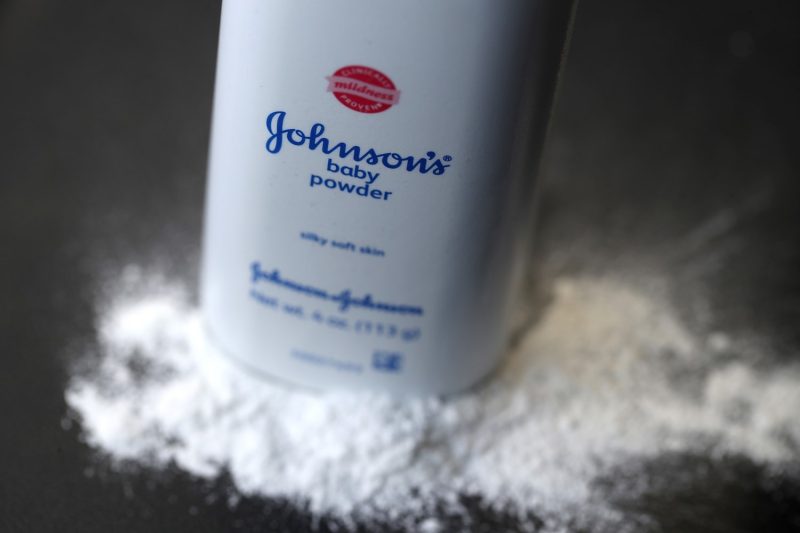Johnson & Johnson to Pay $6.5 Billion to Resolve Nearly All Talc Ovarian Cancer Lawsuits in U.S.
In a landmark legal settlement, pharmaceutical giant Johnson & Johnson has agreed to pay $6.5 billion to resolve nearly all outstanding lawsuits related to the alleged link between its talc-based products and ovarian cancer. The settlement, which encompasses thousands of lawsuits across the United States, marks a significant milestone in the ongoing legal battle surrounding the safety of Johnson & Johnson’s talc-based products.
The lawsuits against Johnson & Johnson have been mounting for years, with plaintiffs accusing the company of failing to adequately warn consumers about the potential risks associated with its talc-based products, including baby powder and other personal care items. While Johnson & Johnson has consistently denied any wrongdoing and maintained the safety of its talc-based products, the sheer volume of lawsuits and the significant payouts in previous cases have put pressure on the company to seek a resolution.
The $6.5 billion settlement represents a substantial financial commitment from Johnson & Johnson and is intended to provide compensation to those who have been affected by ovarian cancer allegedly linked to the prolonged use of the company’s talc-based products. This settlement may bring a measure of closure to the plaintiffs and their families, many of whom have been fighting for justice and accountability from Johnson & Johnson for years.
In addition to the financial aspect of the settlement, Johnson & Johnson has also agreed to implement changes to its marketing and labeling practices for talc-based products to provide clearer information to consumers about potential risks. This move is seen as a step towards ensuring greater transparency and accountability in the way companies communicate with consumers about the safety of their products.
While this settlement represents a significant development in the ongoing talc litigation against Johnson & Johnson, it is important to note that the company has not admitted any liability or fault in connection to the alleged link between its talc-based products and ovarian cancer. The settlement is a pragmatic decision by Johnson & Johnson to put an end to costly litigation and focus on its core business moving forward.
As the legal landscape surrounding talc-based products continues to evolve, this settlement may have far-reaching implications for how companies approach product safety and transparency in their marketing practices. The resolution of these lawsuits underscores the importance of robust regulation and oversight to protect consumers from potential harm and ensure accountability within the pharmaceutical industry.


